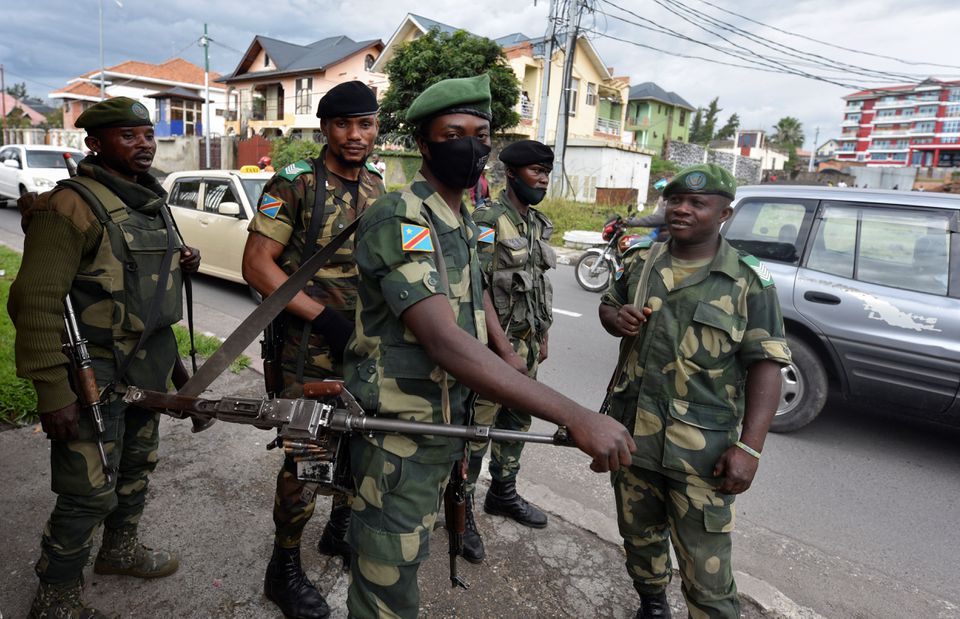Regional
Tshisekedi sounds war drums: who is fooling who?
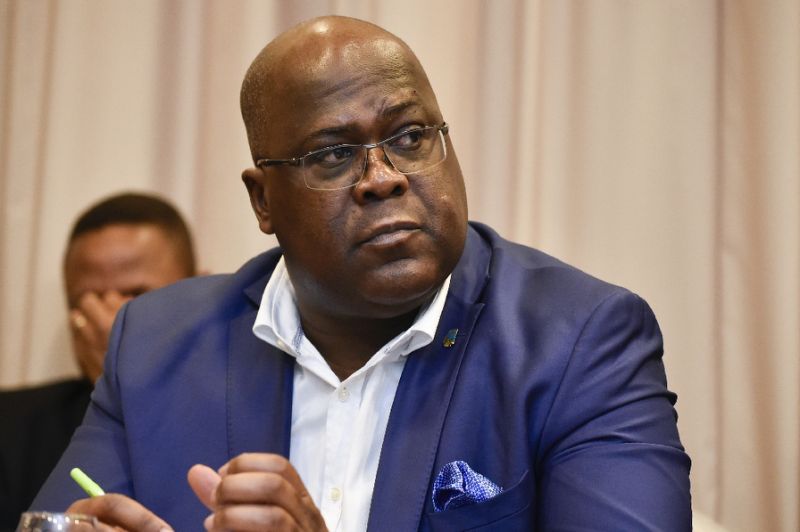
The
President of the Democratic Republic of Congo (DRC), Félix Tshisekedi, on
November 3, called his countrymen to ready for war against rebels he claims are
backed by neighbouring Rwanda. Addressing the nation about the insecurity in
the east of his country, Tshisekedi issued a call to arms, urging the country's
youth to "organise themselves into vigilance groups" to support the
army.
His
address to the nation came soon after he expelled the Rwandan ambassador, accusing Kigali of supporting the M23
rebels who made fresh gains in the east of the
troubled country.
Rwanda
has denied supporting the rebels.
Tshisekedi
ordered his military to accelerate the establishment of training centers
throughout the 26 provinces of the country. The war imposed on his country
requires the ultimate sacrifice, he said.
The
nation needs the commitment of all its daughters and sons, Tshisekedi said. And
that’s, partly, where the country’s problems lie. A man should not pursue
dreams that he cannot ever achieve. Otherwise, it will end in frustration.
Tshisekedi should pursue the path of truth if he really must avoid accelerating
to his downfall. Above all, the Congolese leader must understand that going to
war is really not his advantage point.
If
he really cares about the commitment of all DRC's daughters and sons, he needs
to acknowledge the fact that the rebels he is fighting are Congolese citizens
with genuine concerns, and rights.
If
he continues on the war path, his friends should give him a reality check.
Tshisekedi inherited a very weak and dysfunctional army. He could have made
some effort to improve salary payments to the soldiers but corruption and
misuse of funds is still a challenge.
Sources
say that the Congolese army, or FARDC, acts as an instrument of political
patronage to co-opt rivals more than as a fighting force to provide security to
the country. Despite its vast natural resource wealth, the country basically
has no army. This partly explains why more than 18,000 UN troops contunue to
pretend at keeping peace in DRC.
Poor
training, low pay, a critical lack of esprit de corps, patriotism, and
a culture of corruption and politicisation have, for long, hampered the
operational effectiveness of the country’s army.
Rampant
corruption, illegal activities and direct taxation of people they’re meant to
protect are the order of the day.
The soldiers still need to undertake offensive
operations, without having the necessary equipment or even, at times,
ammunition.
For
three decades, eastern DRC has been home to numerous negative armed groups.
Today, more than 130 local and foreign armed groups – including the FDLR,
remnants of the perpetrators of the 1994
genocide against the Tutsi in Rwanda – operate from there. The Congolese army
has never defeated them.
Despite
having over 130,000 active personnel, FARDC’s capability is dubious considering
its habitual defeats by small armed groups. Instead, Congolese army units have
repeatedly backed armed groups implicated in serious abuse.
“Congolese
army units are again resorting to the discredited and damaging practice of
using abusive armed groups as their proxies,” Thomas Fessy, a senior researcher
at Human Rights Watch, said.
“The
Congolese government should end this support, which leads to military
complicity in abuses, identify officers responsible, and hold them
accountable.”
On
May 8 and 9, leaders of several Congolese armed groups, some of them rivals,
met in the remote town of Pinga and agreed to a non-aggression pact forming a
“patriotic” coalition to join forces with the Congolese army against “the
aggressor,” namely the M23. Two FDLR senior commanders were also present.
This
reported military complicity in abuses committed by negative armed groups in
the country is one good indicator that the Congolese army is too weak. Entire
units in the Congolese army are suspected of war crimes.
Human
Rights Watch received credible information that Congolese army officers
provided boxes of ammunition to FDLR fighters in Kazaroho, one of their
strongholds in the Virunga National Park, on July 21. Two months earlier,
dozens of FDLR and CMC/FDP fighters reportedly took part in a large
counteroffensive with government soldiers in the area around Rumangabo and
Rugari. The FDLR militia committed countless rapes and other acts of sexual
violence, killed hundreds of civilians over the years in eastern DRC, hacking
them to death with machetes or hoes, or burning them in their homes.
And
now Tshisekedi plans massive recruitment to boost FARDC numbers. Increasing the
number of soldiers will add no value. It is not the numbers that win wars, but
the commander's brain, and so much more that is lacking in the country’s
system.
Mafia
vultures and untrained officers
On
October 31, an anonymous FARDC Colonel wrote an open letter to Tshisekedi,
showing how their army’s failures resulted from entrusting command to ‘mafia
vultures and untrained’ officers.
”Instead
of equipping it (FARDC) with tanks, armored vehicles, combat helicopters,
tactical drones and dapper new surveillance, you have spent millions of dollars
to offer Jeeps to Deputies, Senators, members of clergy, generals of the army,
thus weakening your own army,” reads the open letter.
“Doesn't
it bother you to cry out against Rwanda's aggression in front of all
international bodies when you do nothing to equip your armed forces in order to
develop their operational capacities? For a country like the DRC, it's a
shame.”
On
many occasions, Congolese security forces were reported setting barriers for
civilians, to cross after paying a bribe. They complain that their salaries are
too small and irregular, making it difficult for them to survive.
The
letter reminded Tshisekedi that the Generals constituting the elites of the
army are supposed to have completed three cycles of officer training such as
Military Academy, Staff Course, War School or Higher School of Military
Administration. None of the Generals appointed to head the FARDC did any of these
military schools.
In
“This is Congo,” a film by Aljazeera, a senior FARDC officer said that as long
as “Congolese leaders do not have patriotic sense, Congo will stick in the
misery forever.”
Released
during resurgence of the M23, the film documents late Lt Col Mamadou Mustafa
Ndala, the former commander of the 42nd battalion’s Rapid Reaction Force, who
led the 2013 fight against the M23 in Goma when the rebels fled to Uganda and
Rwanda.
Speculation
remains that Mamadou was assassinated by rival commanders during the January 2014 counterinsurgency, highlighting the mistrust that permeates FARDC’s ranks.
Before
his assassination, Mamadou told his compatriots that without unity they have
nothing. He prophesized that the ongoing killings of Congolese Tutsi–in
preparation of genocide against Kinyarwanda-speaking Congolese –will escalate
national insecurity as well as FARDC failures.
Some
FARDC commanders formed factions, joined rebels as a result of divisionism in
army. Others were assassinated because of their ‘Tutsi looking faces’.
Tshisekedi
still has a chance to walk the diplomacy path before its too late. War is not
his thing.


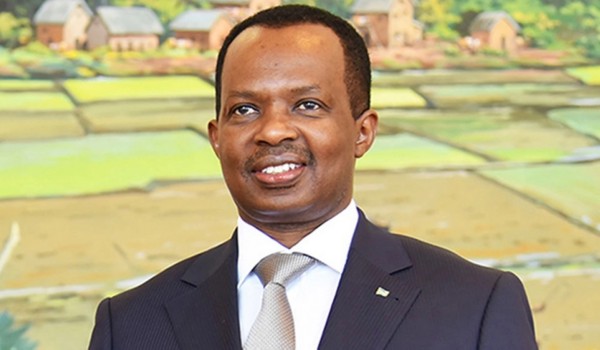
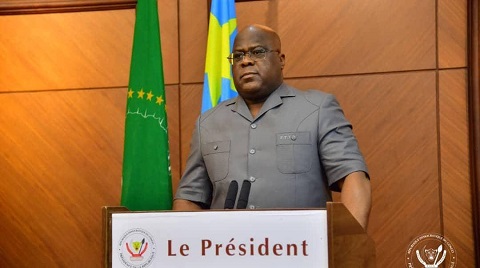
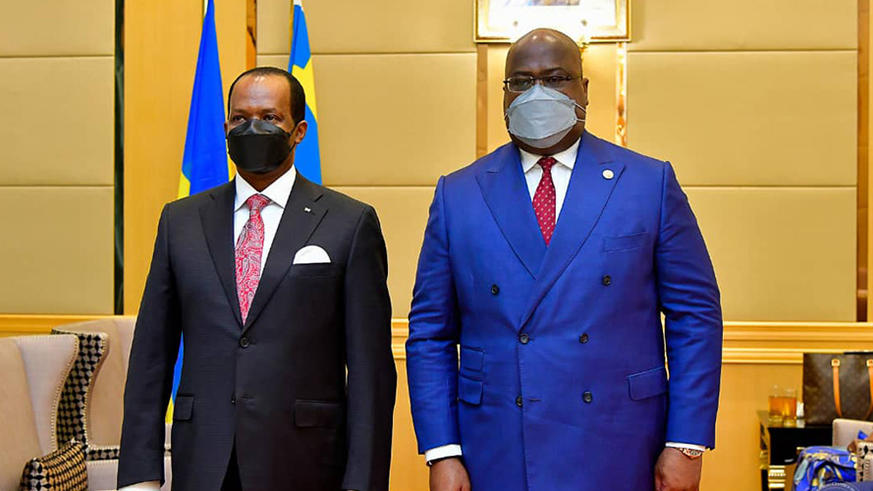
.jpg-20221102100150000000.jpg)
